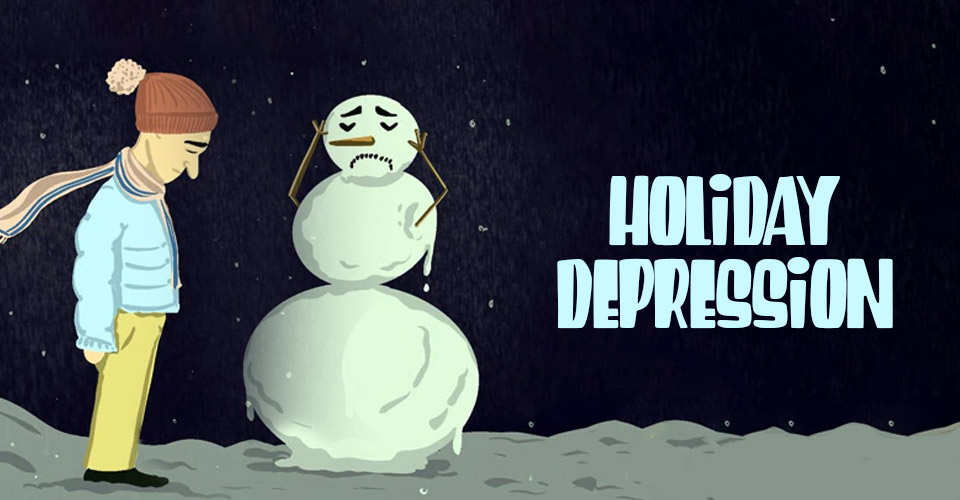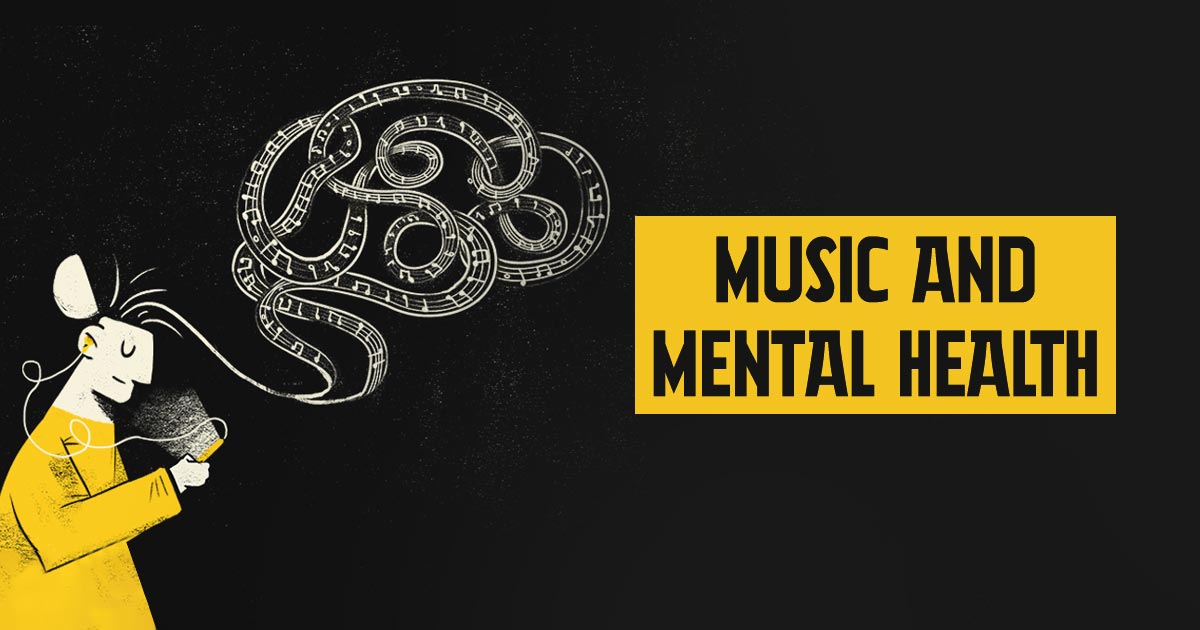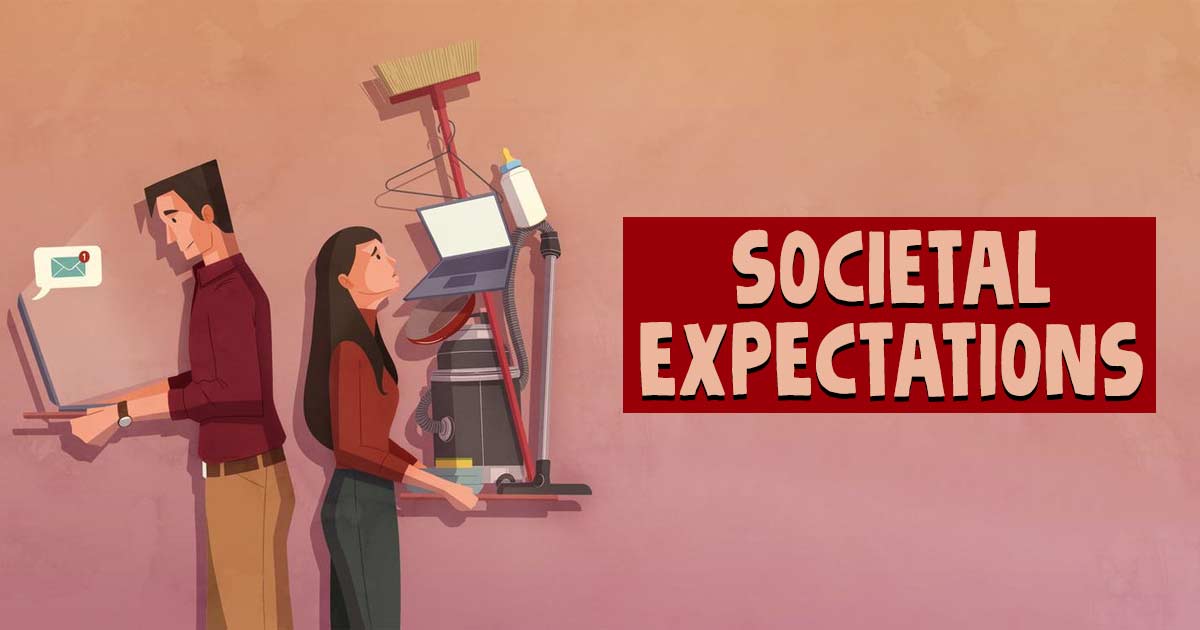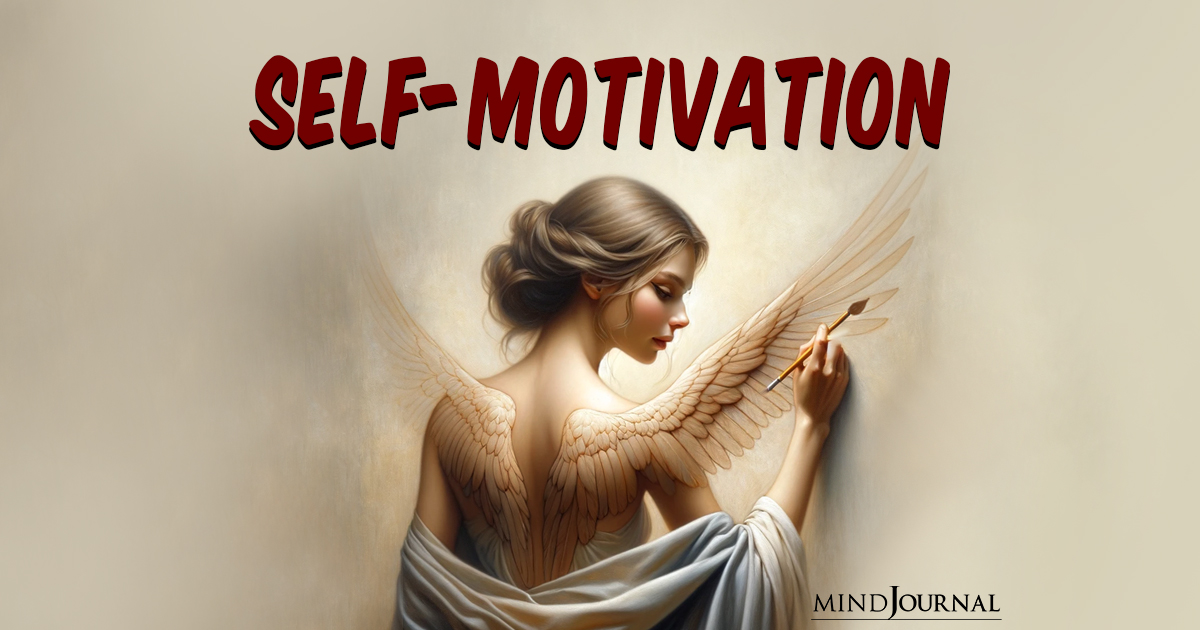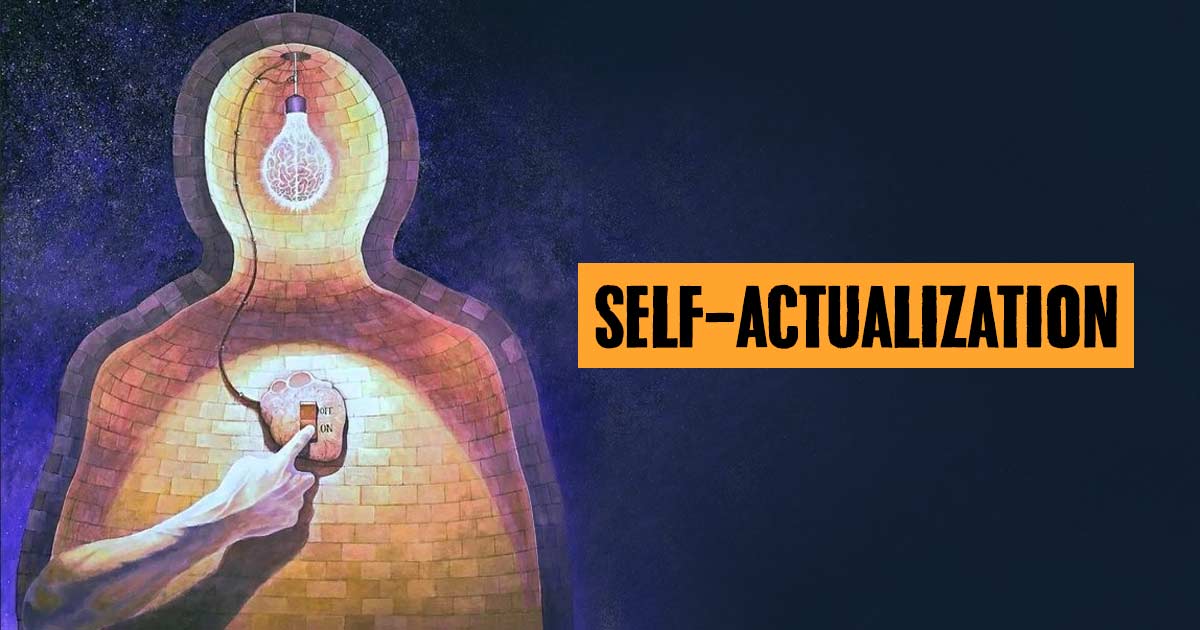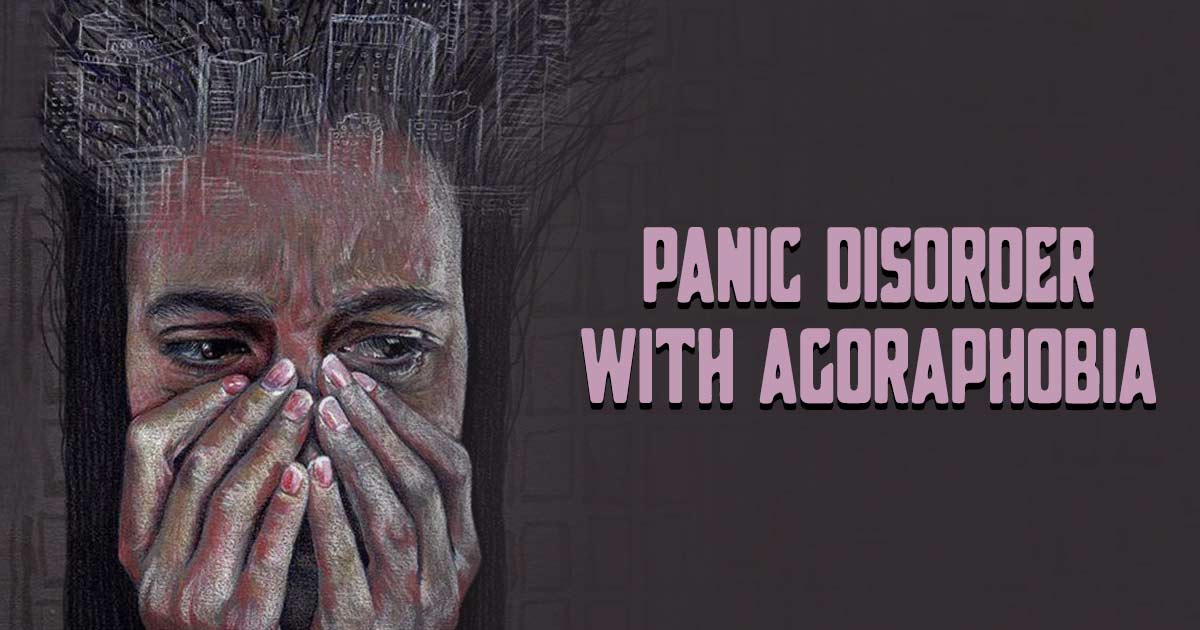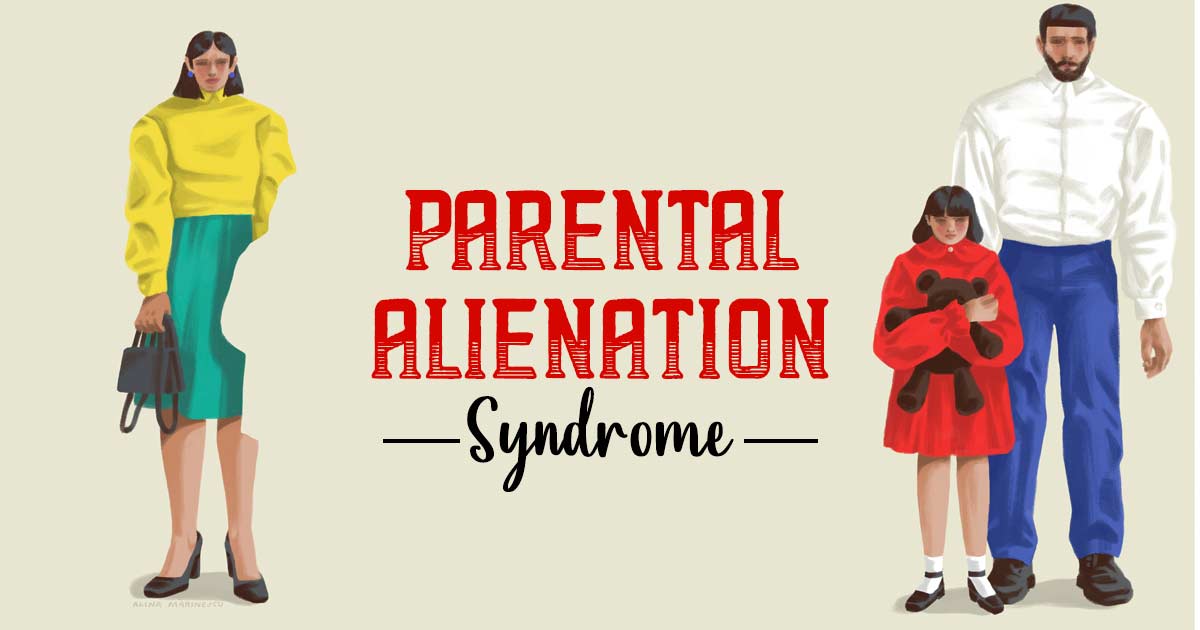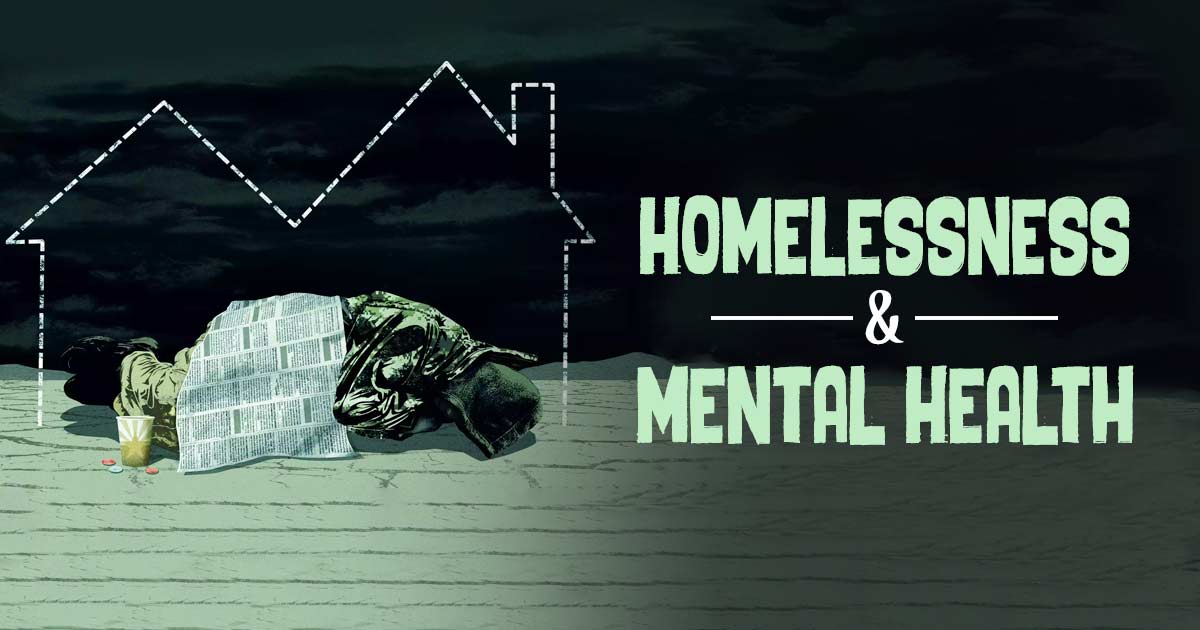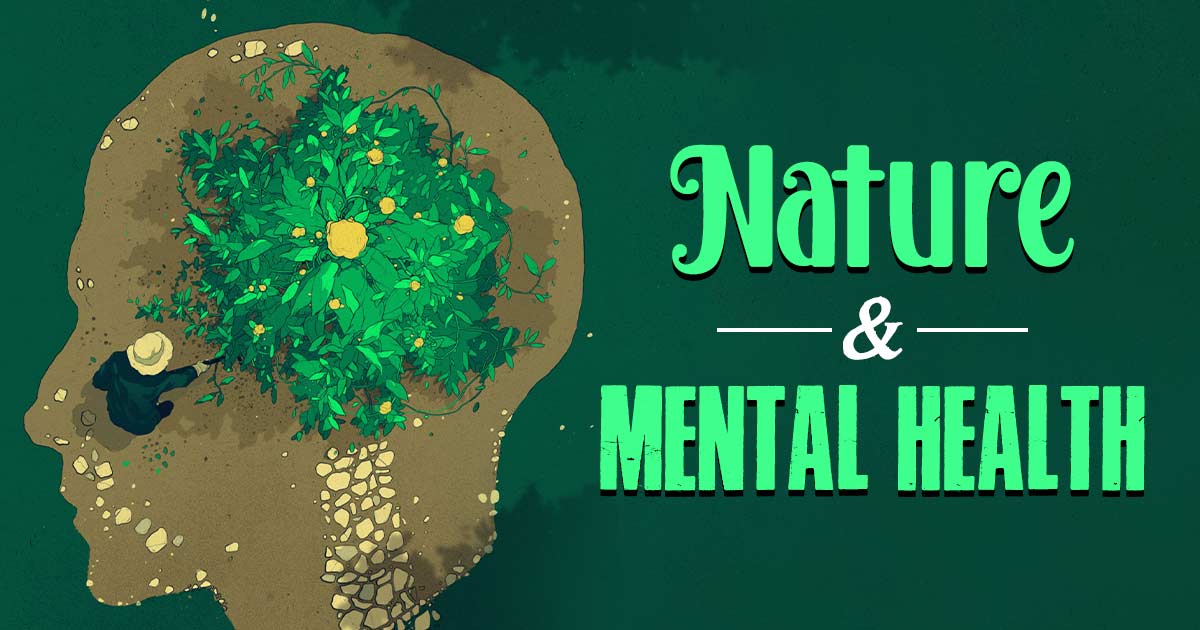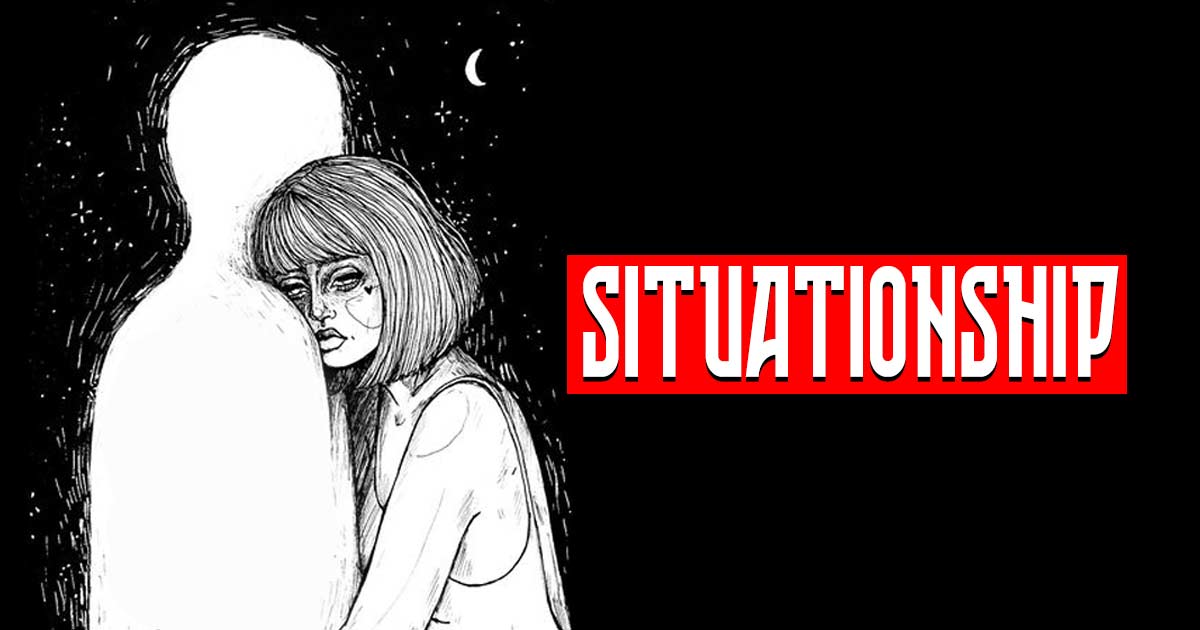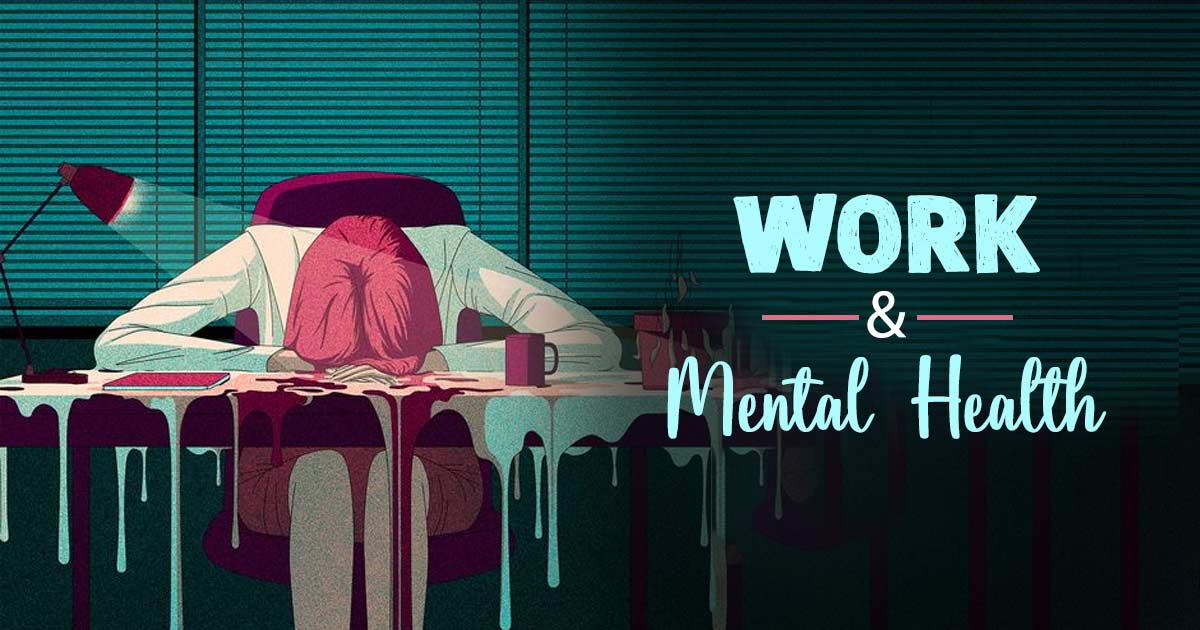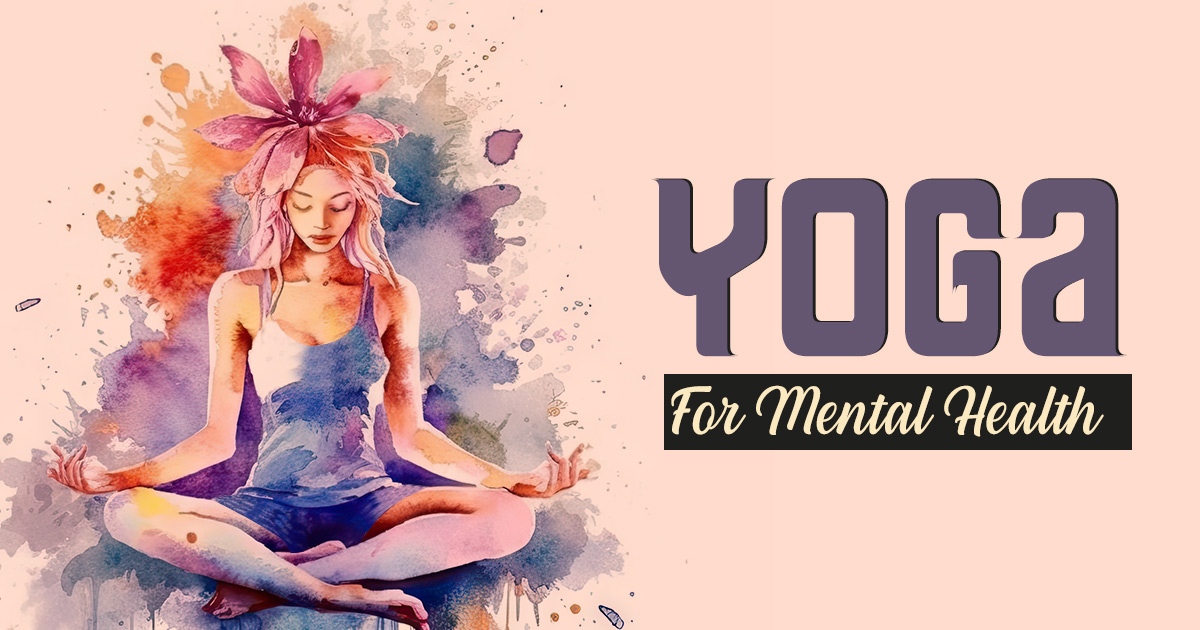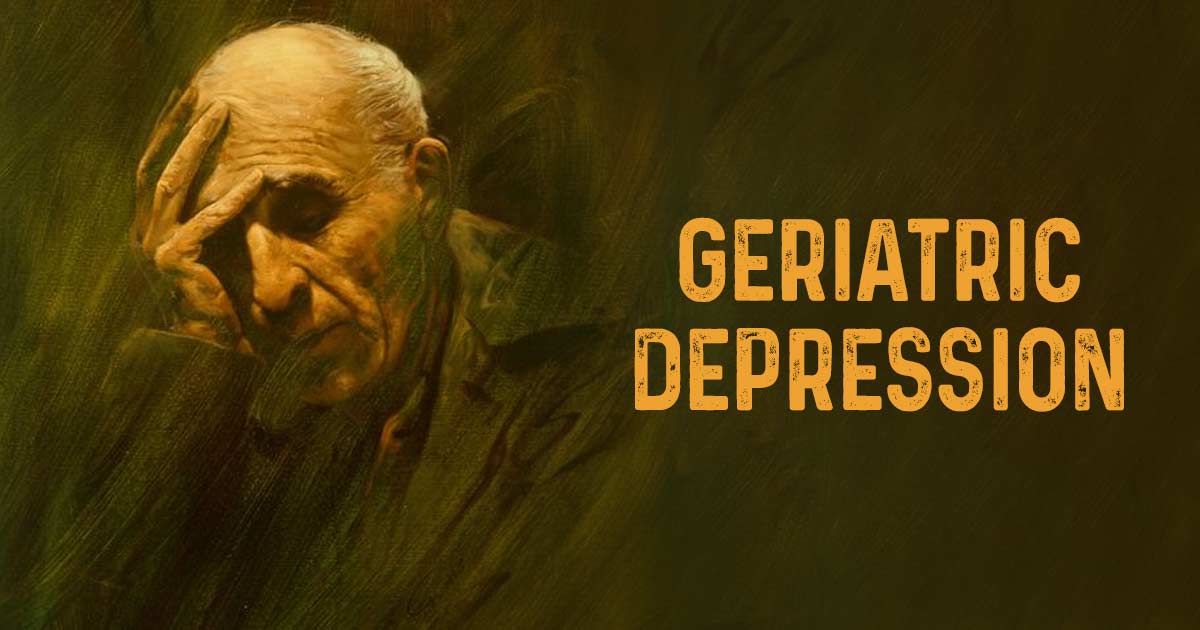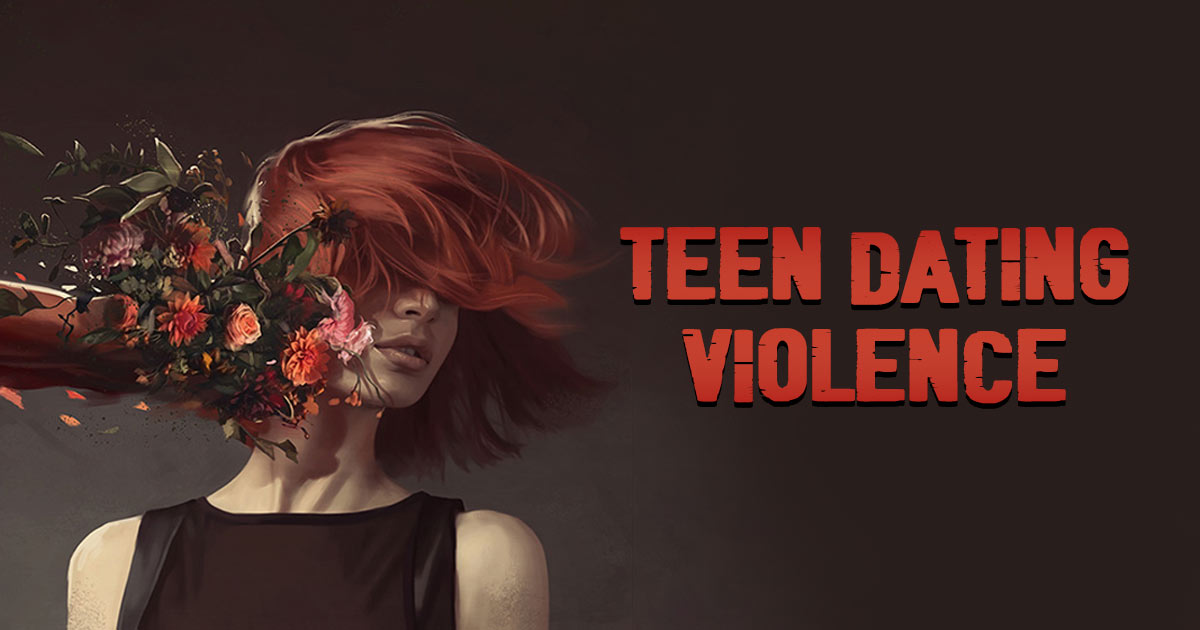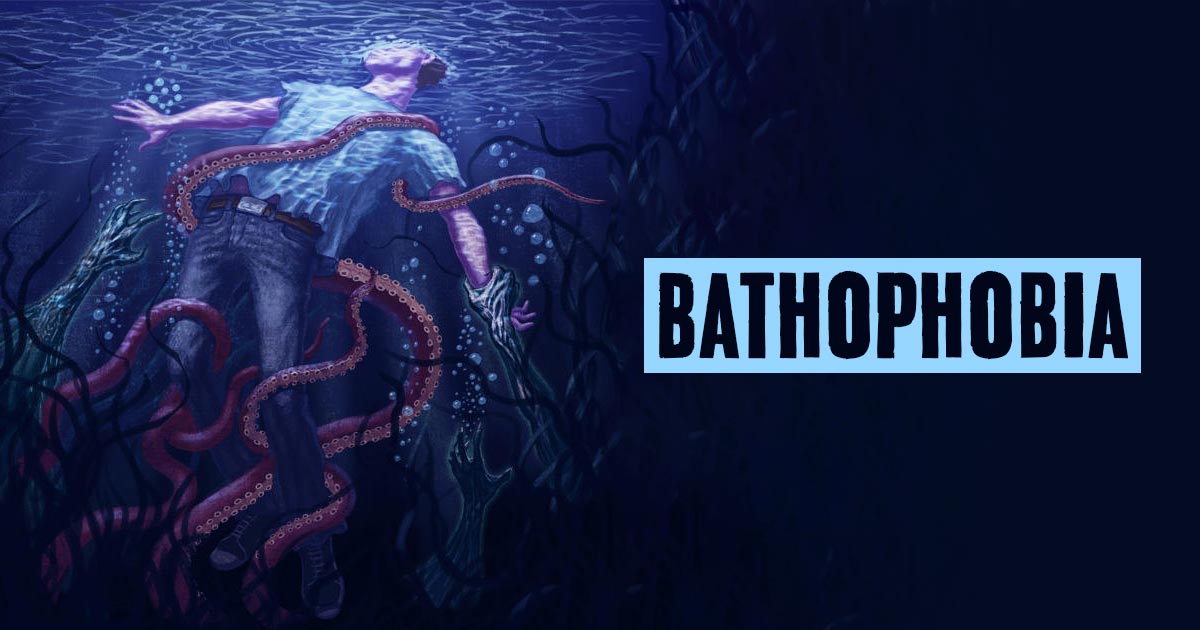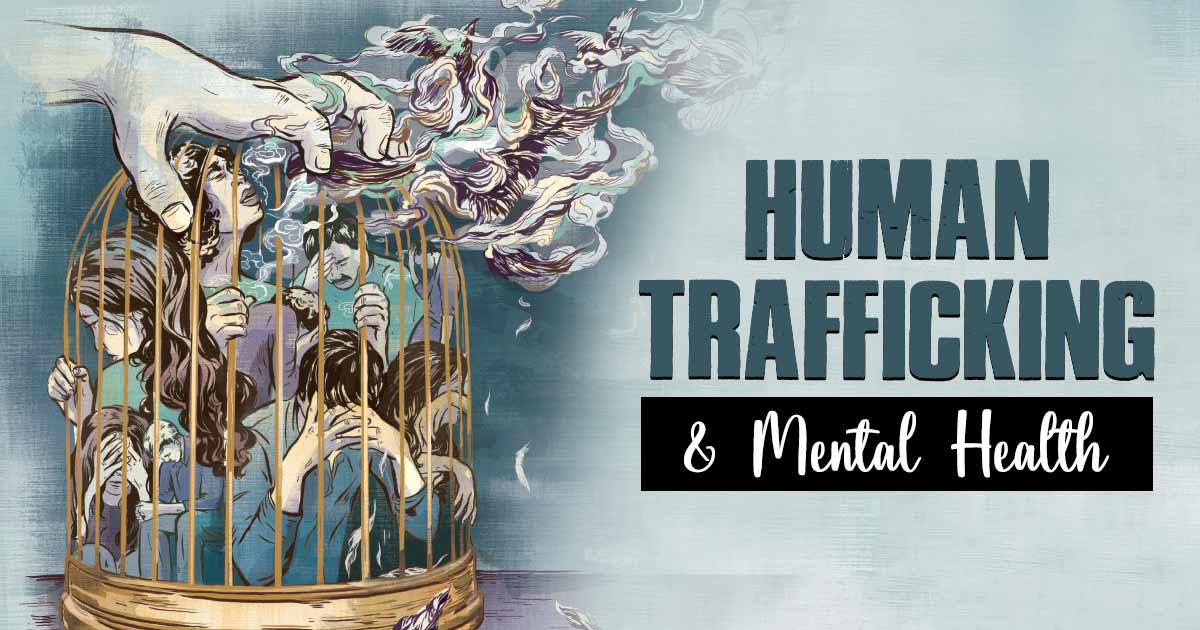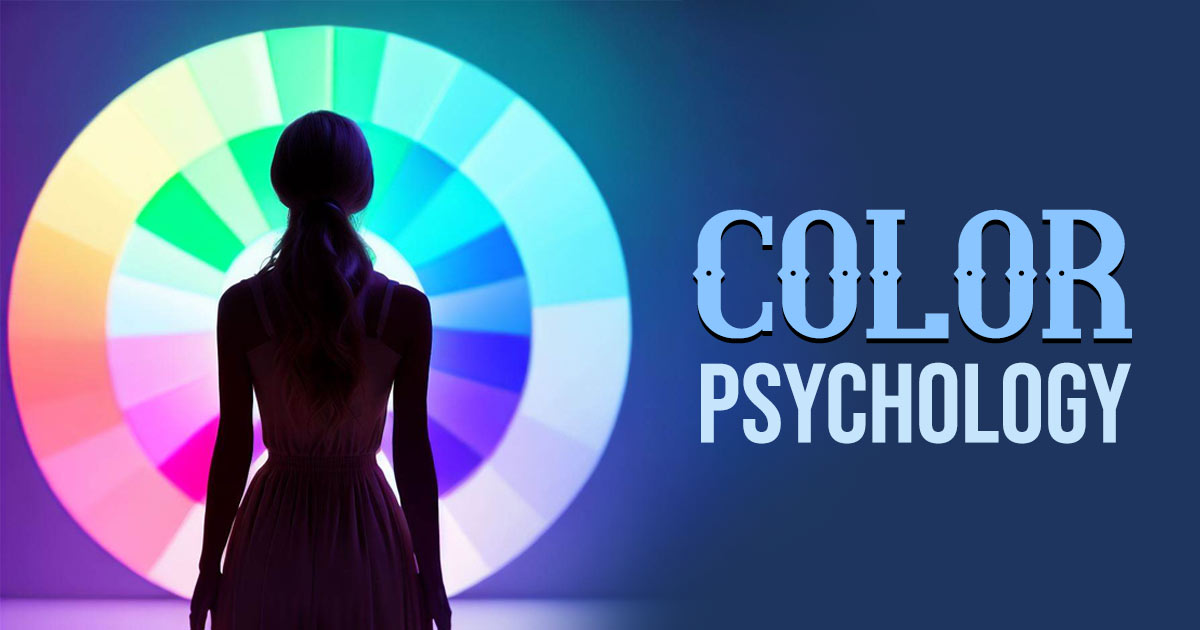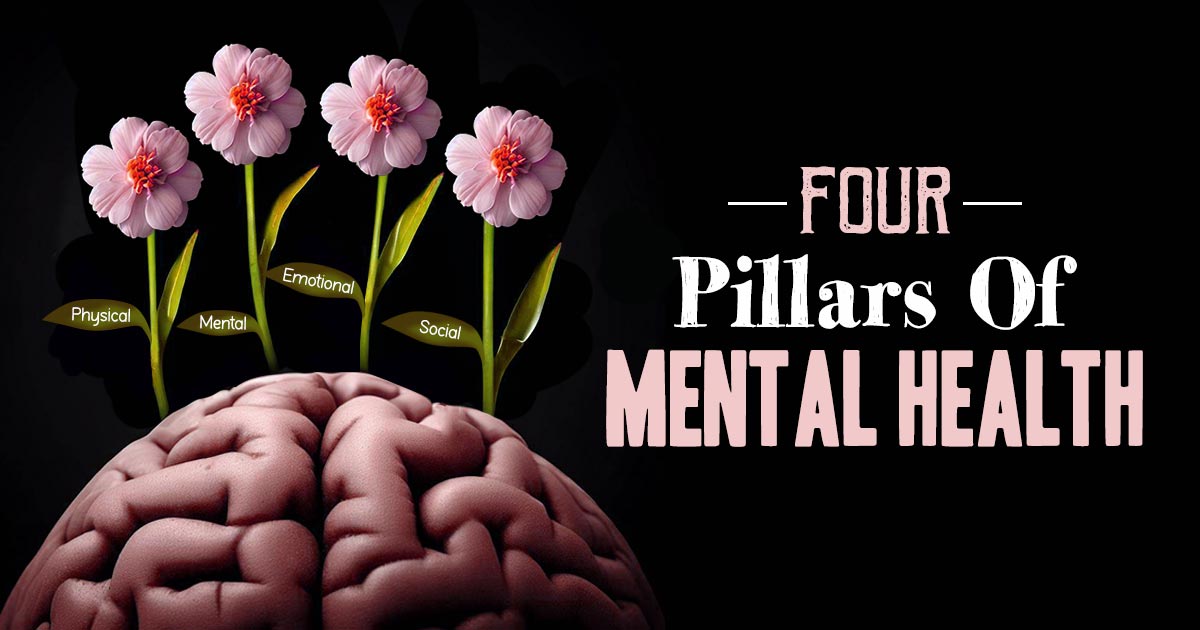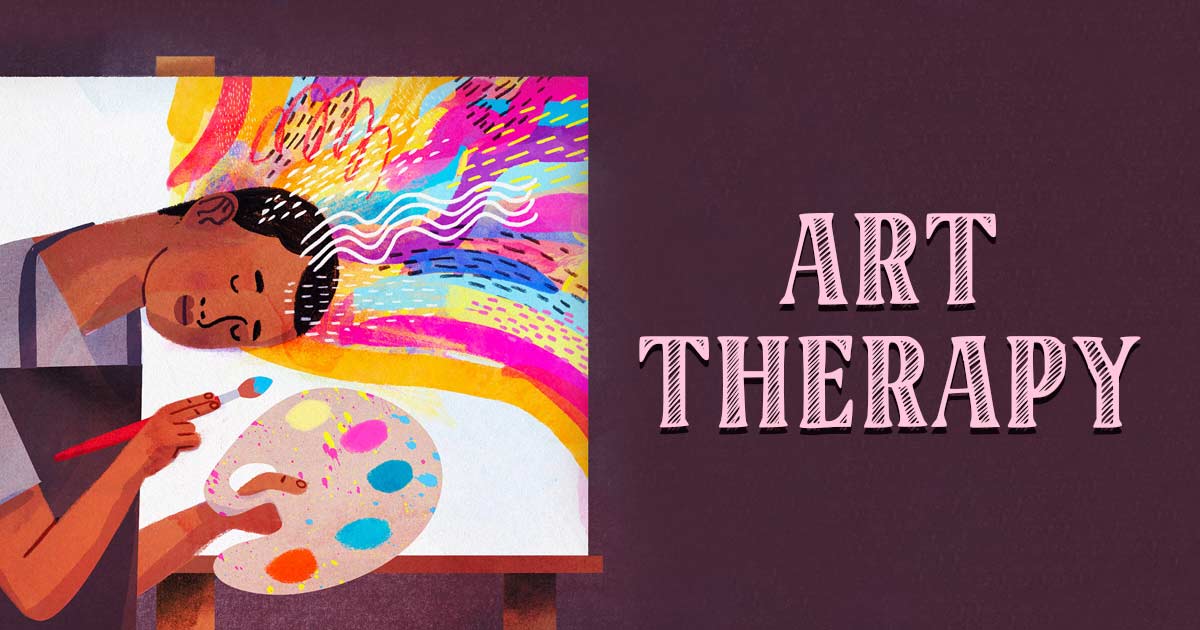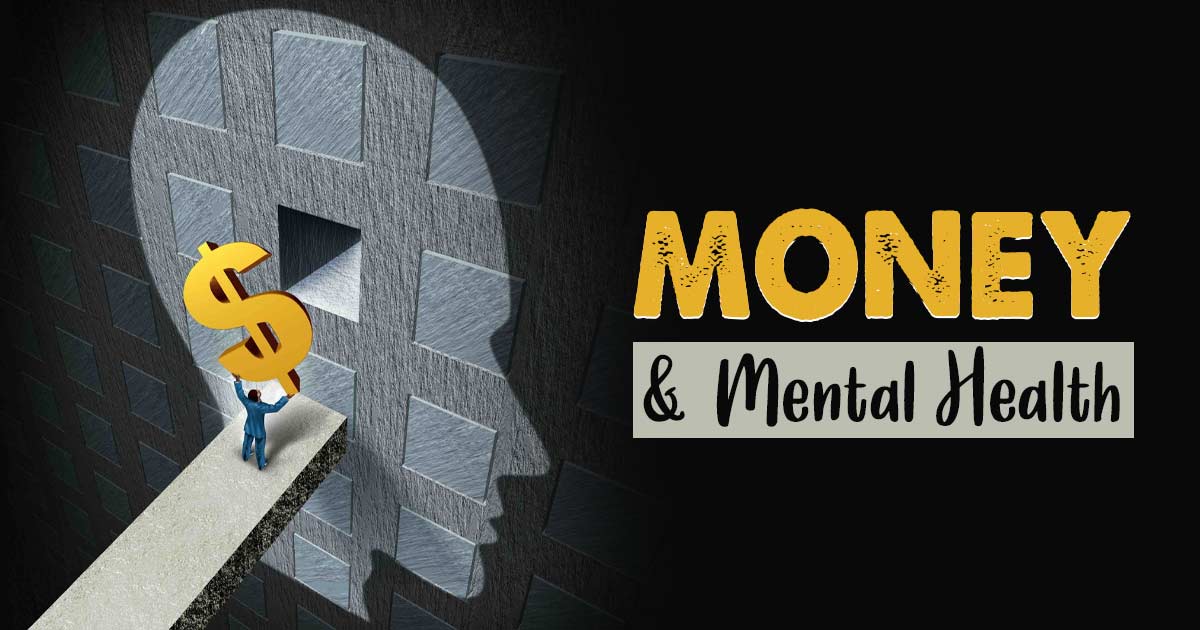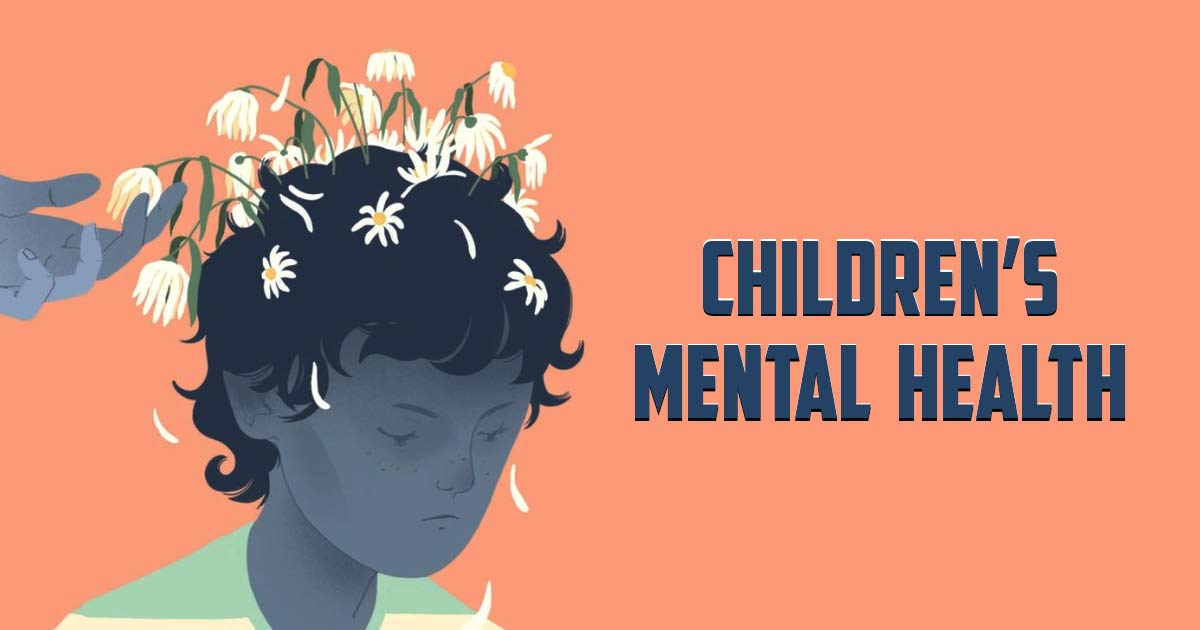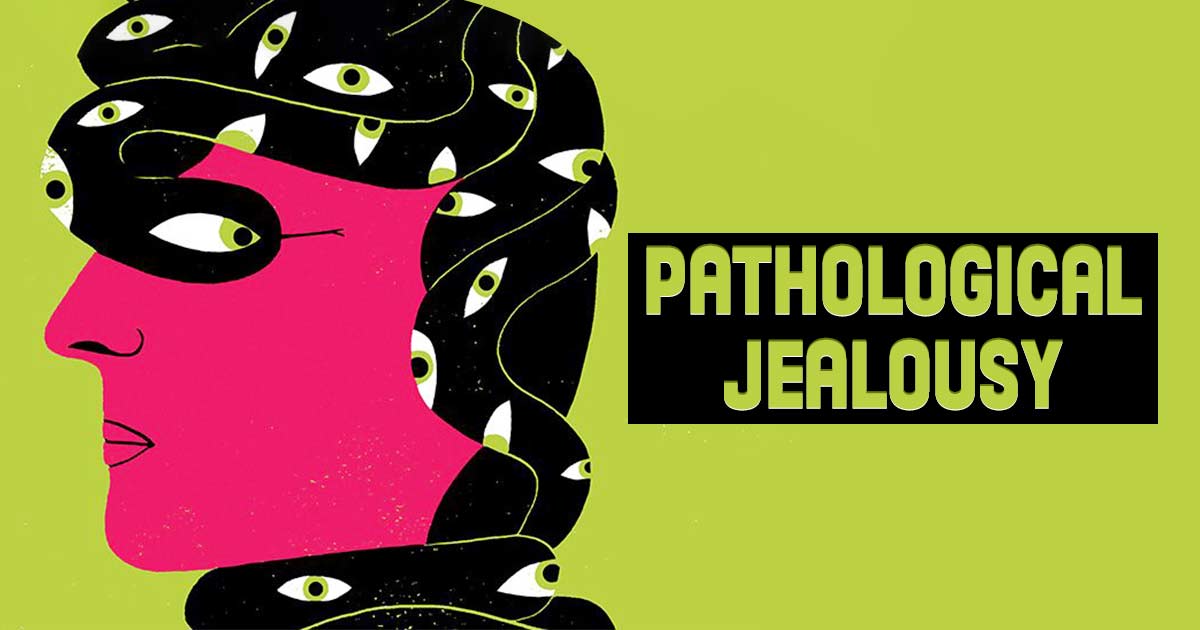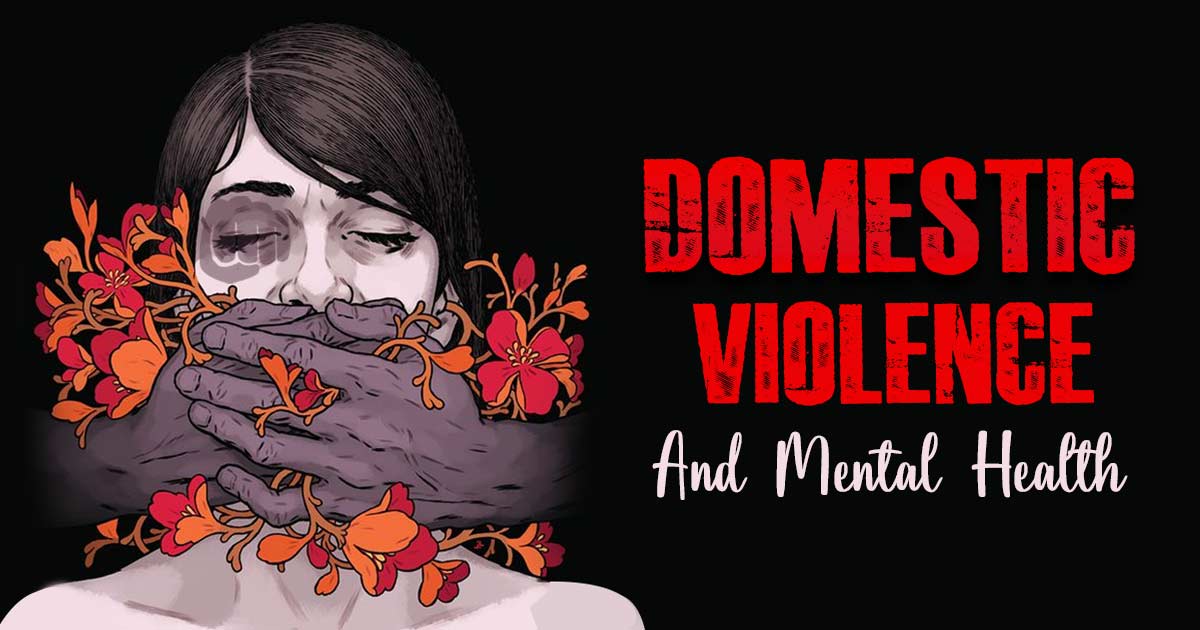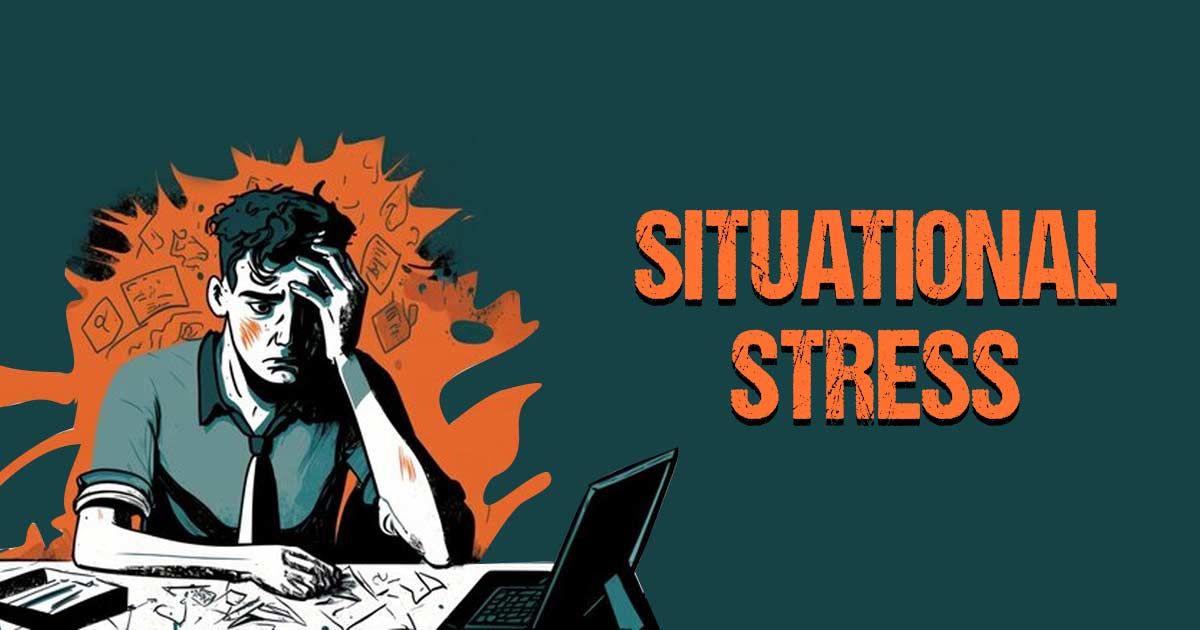Holiday Depression or Holiday Blues, refers to feelings of stress, anxiety, depression, loneliness, low moods, and rumination during the holiday season.
What Is Holiday Depression?
The holidays are a time for joy, inspiration, and connection with loved ones. However, for some people, the holiday season, (specifically the months of November and December) can also bring sadness and self-reflection.
Although limited data is available on this phenomenon, research suggests that holiday depression, also known as “holiday blues”, is a reaction to stress and anxiety. 1 Baier, M. (1987-1988). The “holiday blues” as a stress reaction. Perspectives in Psychiatric Care, 24(2), 64–68. https://doi.org/10.1111/j.1744-6163.1987.tb00283.x .
Anticipation and high expectations 2 Hairon N. (2008). How christmas festivities and pressures can damage health and well-being. Nursing times, 104(50-51), 33–34. associated with the holiday season can often lead to significant stress, anxiety, disappointment, regret, and unhappiness.
Some people experience serious loneliness and isolation during this time which can result in negative moods and emotions. Rumination and reflection about past holidays can also contribute to holiday depression.
Holiday depression is typically temporary and tends to pass naturally. That said, when left unaddressed, it may worsen and eventually, cause severe anxiety and major depression. In fact, people with existing mental illnesses are more prone to experiencing the holiday blues and should seek professional help.
It should be noted that the holiday blues are separate from clinical depression and seasonal affective disorder 3 Melrose S. (2015). Seasonal Affective Disorder: An Overview of Assessment and Treatment Approaches. Depression research and treatment, 2015, 178564. https://doi.org/10.1155/2015/178564 .
Read More About Seasonal Affective Disorder Here
Symptoms Of Holiday Blues
Persistent feelings of despair and sadness throughout the holiday season are the most common symptoms of holiday blues. However, each person may experience holiday depression differently with varying duration and intensity. Here are some other common signs and symptoms 4Greenstein, L. (2015, November 19). Tips for Managing the Holiday Blues. NAMI: National Alliance on Mental Illness. of holiday depression:
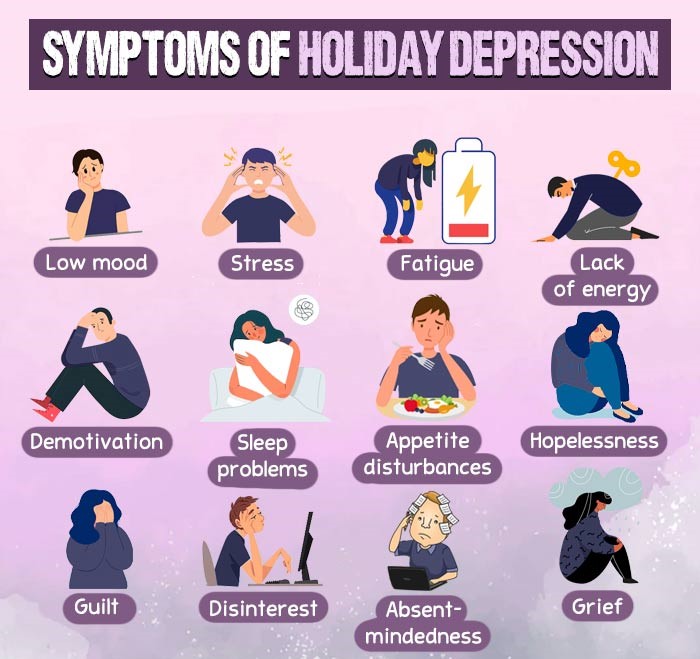
- Stress and anxiety
- Persistent low mood
- Fatigue and exhaustion
- Lack of motivation or energy
- Isolation and loneliness
- Frustration or irritability
- Changes in appetite, weight, and sleep
- Hopelessness or helplessness
- Guilt or feelings of worthlessness
- Trouble concentrating
- Inability to enjoy pleasure activities
- A sense of loss or grief 5 Grief takes no holiday. For people who have lost loved ones, the holidays may elicit dread and apprehension. Here are some ideas that may help, now and year-round. (2002). Harvard women’s health watch, 10(4), 1–3.
- Lethargy or laziness
Read More About Stress Here
Causes Of Holiday Depression
The onset of holiday depression can occur due to multiple reasons, and the common ones are mentioned below:
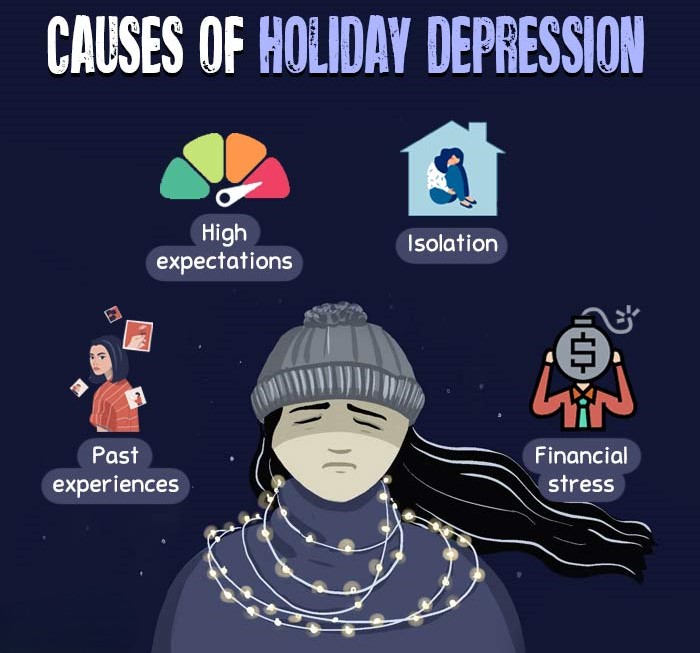
1. Unrealistic expectations
Having or trying to meet unreasonable expectations 6 Unrealistic expectations. (1975). Hospital equipment & supplies, 21(12), 10–11. of loved ones can often be one of the primary causes of holiday depression.
Unrealistic and fantasy-driven expectations 7 Shengold L. (2007). The dreaded promise of Christmas and the New Year. The Psychoanalytic quarterly, 76(4), 1351–1360. https://doi.org/10.1002/j.2167-4086.2007.tb00307.x about Christmas and other such holidays can only lead to disappointment as it not only puts an excessive burden on family members or friends to meet such demands but also makes one lose touch with the true reality of the holiday season.
Studies 8 Harrison, F., & Craddock, A. E. (2016). How attempts to meet others’ unrealistic expectations affect health: health-promoting behaviours as a mediator between perfectionism and physical health. Psychology, health & medicine, 21(3), 386–400. https://doi.org/10.1080/13548506.2015.1062524 show that attempts to meet others’ unrealistic expectations can affect our mental and physical health-related quality of life (HRQL). Although being hopeful and positive is the main essence of the holidays, being excessively hopeful or having a kind of toxic positivity can lead to holiday blues, stress, and anxiety.
Unfortunately, as the holidays have become highly commercialized, most of us are led to believe that they should make us feel constantly cheerful and happy. Such pressure to feel the holiday cheer may lead to additional stress and frustration.
2. Rumination and reflection
Many people tend to reflect and ruminate about their lives, their past, and the year as the holidays are associated with the beginning of a new year. This can often lead to mixed feelings like a sense of accomplishment or failure, regret, disappointment, grief, etc.
Moreover, some people may become increasingly aware of losing a loved one which may make them ruminate about the past, making them experience the holiday blues or holiday depression. A 2013 study 9 Michl, L. C., McLaughlin, K. A., Shepherd, K., & Nolen-Hoeksema, S. (2013). Rumination as a mechanism linking stressful life events to symptoms of depression and anxiety: longitudinal evidence in early adolescents and adults. Journal of abnormal psychology, 122(2), 339–352. https://doi.org/10.1037/a0031994 has found that rumination is positively associated with anxiety and depression.
3. Isolation
Studies 10 Ge, L., Yap, C. W., Ong, R., & Heng, B. H. (2017). Social isolation, loneliness and their relationships with depressive symptoms: A population-based study. PloS one, 12(8), e0182145. https://doi.org/10.1371/journal.pone.0182145 reveal that loneliness and social isolation are closely linked to depression, particularly during the holidays. According to a recent 2020 study 11 Elmer, T., & Stadtfeld, C. (2020). Depressive symptoms are associated with social isolation in face-to-face interaction networks. Scientific reports, 10(1), 1444. https://doi.org/10.1038/s41598-020-58297-9 , spending less time in social settings, interacting less with friends, or spending more time with similarly depressed people can cause depressive symptoms.
Being away from family and friends, missing a deceased loved one, or being alone during the holidays can easily affect someone’s mental and emotional well-being. In fact, researchers 12 Kratz, C., & Oliver, J. (1985). Christmas can be a lone time in the community. Nursing times, 81(51), 48–49. have found that Christmas can be a lonely time for many people.
Read More About Loneliness Here
4. Financial stress
Holiday spending can bring about extreme financial stress which can contribute to the development of the holiday blues. Although most people plan their expenditures during the holidays, they often tend to go over budget and may financially struggle to buy gifts for their loved ones. Financial pressure can also make individuals worry that they might go into debt due to holiday spending.
Even if most of the time financial stress during the holidays is self-imposed, it can result from lack of proper planning, extreme focus on material gifts, competition, commitments, and high social expectations. All these can lead to or worsen depressive symptoms during this season.
Studies 13 Weston, S. J., Gladstone, J. J., Graham, E. K., Mroczek, D. K., & Condon, D. M. (2019). Who Are the Scrooges? Personality Predictors of Holiday Spending. Social psychological and personality science, 10(6), 775–782. https://doi.org/10.1177/1948550618792883 show that consumption faces a sharp increase during the holiday season, which not only has serious economic implications but significantly affects our mental health as well.
Other reasons for the holiday blues may include:
- Excessive drinking
- Over-eating
- Lack of sleep
- Fatigue
- Family obligations
- Traveling
A Case of Holiday Blues
Krish was doing his medical internship in Delhi, India, while his family lived in a distant North East Indian town. With the festive season round the corner, he started missing them a lot. However, due to excessive patient load in the hospital and a scarcity of staff, he was obliged to stay back for work.
After talking to his mother on the phone, Krish started reminiscing and wishing there was a way he could be with family. Soon, this turned into rumination and he began feeling frustrated and sad for most part of the day.
Moreover, watching his friends spend time with their respective families also induced in him a sense of loneliness and helplessness. At one point, he even started questioning his decision to move this far to become a doctor.
However, as the holidays came to an end, Krish’s mood gradually improved, his interest in his work resumed, and he felt hopeful about the future. It seemed what he had been suffering from was nothing but a case of ‘holiday depression’.
Diagnosing Holiday Depression
As this condition is not officially recognized as a mental illness by the Diagnostic and Statistical Manual of Mental Disorders (DSM-5) 14American Psychiatric Association. (2013). Diagnostic and statistical manual of mental disorders (5th ed.). https://doi.org/10.1176/appi.books.9780890425596 , there are no specific tests for diagnosing the holiday blues.
However, a mental health professional can help you determine the intensity of your symptoms and develop a probable treatment plan. Your doctor may also recommend certain tests to make sure the symptoms are not caused by any other underlying psychiatric disorder or health issues.
Treatment Of Holiday Depression
There is no specific treatment for the holiday blues as it is not identified as a mental illness by doctors. However, if a person is suffering from clinical depression or seasonal affective disorder, then a doctor may prescribe antidepressants and/or recommend psychotherapy interventions. 15 Gautam, M., Tripathi, A., Deshmukh, D., & Gaur, M. (2020). Cognitive Behavioral Therapy for Depression. Indian journal of psychiatry, 62(Suppl 2), S223–S229. https://doi.org/10.4103/psychiatry.IndianJPsychiatry_772_19 .
Learn More About How Depression Can Be Treated
Holiday depression is primarily managed with some coping techniques 16 Wongvipat N. (1998). Strategies for dodging the holiday blues. Positive living (Los Angeles, Calif.), 7(12), 13–29. and self-help strategies, which may involve social support and lifestyle modifications. However, if such strategies do not help, then it is recommended that you visit a mental health professional, such as a counselor or a therapist.
Some therapies that could help with holiday depression are cognitive behavioral therapy (CBT), and interpersonal psychotherapy (IPT).
Read More About Cognitive Behavioral Therapy (CBT) Here
How To Deal With Holiday Depression
Here are a few self-help strategies 17 Biel-Cunningham S. 8 simple rules for managing those holiday blues. Surviv News (Atlanta Ga). 2003 Nov-Dec:8. PMID: 14699640. that can help in coping with the holiday blues and overcoming the stress associated with the holiday season:
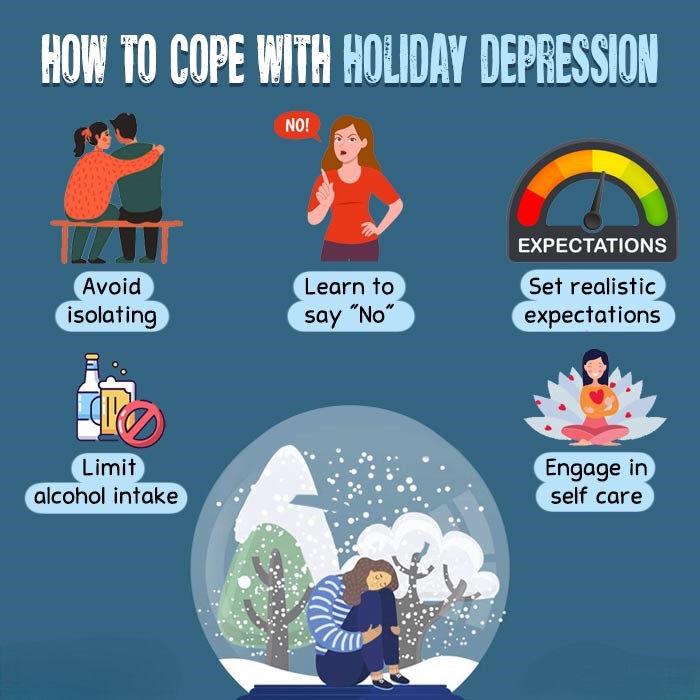
1. Limit alcohol intake
Avoid excessive drinking during the holiday season as alcohol can act as a depressant and adversely affect your mood. Although you don’t need to go completely dry, simply make sure to drink in moderation. By limiting alcohol consumption to one or two drinks, you will be better able to regulate your emotions.
2. Avoid self-isolation
Isolating yourself during the holidays can make your holiday depression even worse, especially if you live far from your family. Even if going back home for Christmas may not be a possibility, reach out to your friends and coworkers or volunteer for a cause you believe in.
3. Be assertive and don’t hesitate to say ‘No’
Establish strong personal boundaries and learn to stay strong on your decisions by learning to say “no”. Make yourself and your needs a priority to avoid the holiday blues.
Turn down unreasonable demands and understand that it’s okay to refuse invites to some holiday gatherings or parties. Know your own limits, stay within your budget and avoid over-committing.
4. Set realistic expectations
Have expectations that are practical and reachable. Instead of trying to make everyone happy through material presents, focus on building and nurturing relationships. Instead of going for a picture-perfect holiday, try spending more time with your loved ones and enjoying the holiday season.
5. Make time for yourself
Although the holidays are about being with our loved ones, it is also important to find some time for our own needs. Engage in healthy self-care practices like doing yoga, taking a relaxing warm bath, getting a massage, reading a good book, listening to your favorite music, or simply spending some alone time with yourself.
Doing simple things that you enjoy can significantly help you relax and reduce your stress levels while improving your mood.
Here are some other ways to deal with holiday blues:
- Get physically active and exercise regularly
- Don’t depend on substances for relief
- Build a healthy lifestyle, like eating nutritious food and getting enough sleep
- Avoid overeating
- Prepare for the holidays well in advance
- Acknowledge and accept your emotions
- Seek help from family and friends when mourning a deceased loved one
- Consult a therapist
Takeaway
Holiday depression can be a terrible and devastating feeling. However, it is a short-term condition and the symptoms tend to go away naturally with time. If you are unable to cope with the symptoms yourself, talking to a mental health professional is always advised. They will come up with the right diagnosis and chalk out a treatment plan tailored to your needs. And assist you to better deal with the stress and anxiety associated with the holiday season.
At A Glance
- Holiday Depression, also known as the holiday blues, are feelings of stress, anxiety, depression, loneliness, and rumination during the holiday season.
- It usually occurs during the months of November and December, mainly during Thanksgiving, Christmas and New Year’s Eve, and the symptoms typically reduce naturally.
- Holiday blues can result from extreme stress, financial burden, unrealistic expectations, and past memories associated with the holiday season.
- Medications like antidepressants and psychotherapy, like cognitive behavioral therapy (CBT), may be recommended by a doctor for treatment along with self-help strategies.
- Holiday Depression is different from clinical depression or seasonal affective disorder (winter depression).

